Another time Jesus went into the synagogue, and a man with a shriveled hand was there. Some of them were looking for a reason to accuse Jesus, so they watched him closely to see if he would heal him on the Sabbath. Jesus said to the man with the shriveled hand, “Stand up in front of everyone.”
Then Jesus asked them, “Which is lawful on the Sabbath: to do good or to do evil, to save life or to kill?” But they remained silent.
He looked around at them in anger and, deeply distressed at their stubborn hearts, said to the man, “Stretch out your hand.” He stretched it out, and his hand was completely restored. Then the Pharisees went out and began to plot with the Herodians how they might kill Jesus (Mark 3:1-6).
Every congregation today just as in New Testament have people pulling in a different way from apostolic leadership. The gospel reading from Mark 2:23-3:5 shows a wonderful illustration of how degenerated a church can become, yet God can still sanctify and renew such churches if we are obedient. In the gospel we read about a man with a withered hand. Hand is the part of the body at the end of the arm that is used for holding, moving, touching, and feeling things. Rehnolds, H.R in his reflection The Power of the Human Hand provides a very missional importance and essence of human hand. According to him, “The hand of a man is one of those noble physical features which distinguish him from the brute. “The hand” is but another name for human skill, power, and usefulness, and for the studied adaptation of means to ends. By his hand, as the servant of his intellect and his heart, man is put on a physical level with, if not far above, all other living beings, in respect of his power to defend himself against the formidable creatures who are furnished by nature with ponderous and deadly weapons, both of attack and resistance. By the aid of this wonderful instrument, he can cover his nakedness, he can build for himself a home, and make the whole world do his bidding; he can subdue it unto himself, and fill it with the trophies of his mastery.” It is a pity that the destiny of this man developed into a contest and accusation.
Jesus was ready to help this man just as he is always ready to bless his church, his Body, but man’s managers who were supposed to be leaders were more interested in managing his situation through their manmade legalism. Their laws had reduced, and deteriorated their religion into set of rules. Professional regulations and rituals became more important than mercy, love and kindness, and hence the man was dying and declining in stature and strength. The law is always interpreted by the law givers. The Pharisees’ legal themes are always source of plot and opposition against the gospel of Jesus and means of finding accusation against Jesus for disobedience and non-compliance with the laws. To the Pharisees, Jesus’ attempt to heal the man with a withered hand was a blasphemy. When doing good to one another especially among God’s people becomes a source of offence, the church deteriorates and suffers.
The man in this context resonates with the state of the church today where there is a pattern of contention and a growing animosity directed towards the gospel and Christians. The question is “Who is Sabbath for?” The church with a diseased hands is incapacitated in winning souls and missional skill, power and usefulness. The church with a diseased hand like the man in the gospel lacks power to defend himself against the formidable weapons of the enemy and the church without the instrument hand of the youth, women, men and children is naked and empty.
The Pharisees used their laws to keep the man naked and in bondage just as manmade laws today can keep the church naked, powerless and thereby put the church on a dead waiting list. Just as Jesus corrected the Pharisees’ view of the Sabbath, we need a correct view of the church as love saving-assembly of God’s people rather than law guarded relationship. It is the healed hands of men that can be used ‘as the symbol of power and the type of developed and practical wisdom. The hand commits thought to paper, and imagination to marble and to canvas.’ Rehnolds explained ‘that “withered hand” in the synagogue was a type of uselessness and feebleness; and that “right hand,” as St. Luke describes it, robbed of its nourishment, hanging helplessly in a sling, was a picture of whatever deprives a man of the power of holy work, and renders him an encumbrance, if not a mischief, in God’s great kingdom.’ How long shall we continue to allow the law to deprive the church the power of holy work because of the manmade laws and positions? It is the healed hands that commit spiritual thoughts on paper and gives signs for spiritual directions.
In his book, And Are We Yet Alive, Bishop Richard B. Wilke warned the church against sickness into death. His explanation is that when diagnosis has been made, it is urgent and pertinent to take corrective action just as Jesus did for the man with a withered hand. Jesus is present with us in the church but our laws and hardness of hearts can be a limitation and hindrance to experience the love and healing power in Jesus. The hardness of heart is the essence of the sin against the Holy Spirit. The sickness and crisis in the church is much more than many people think or realise. We need a spiritually viable future by developing more leaders than managers and recover the true purpose of the church. It is possible to to be in the church professing great reverence for God, pretending to be zealous for Him and yet fighting against Him. God is calling us stop fighting true religion with false religion, to stop ‘battle with godliness in the name of orthodoxy.’ God is calling us to obey Him in order to discover new power, new life and new capacities.
Please let us remember the people of Guatemala Fuego in prayers. Let us pray for those who were affected by the deadly volcano eruption.

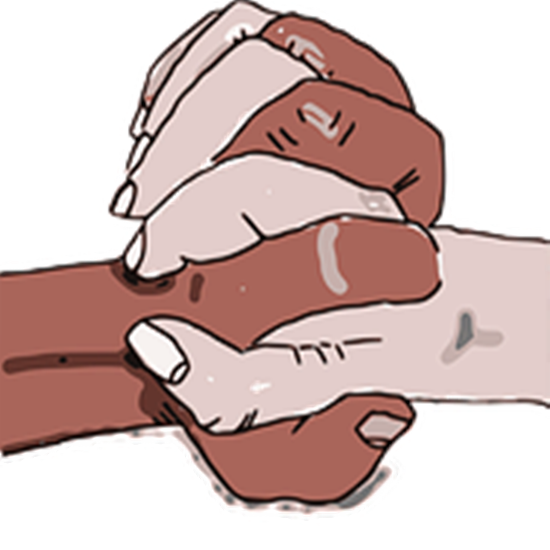
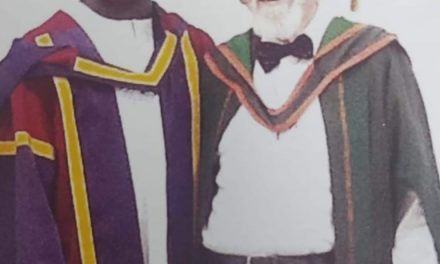
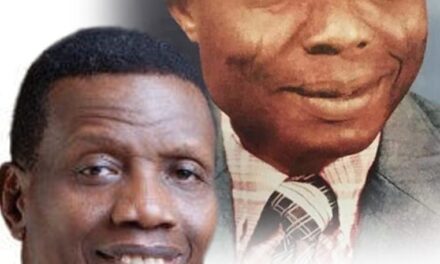
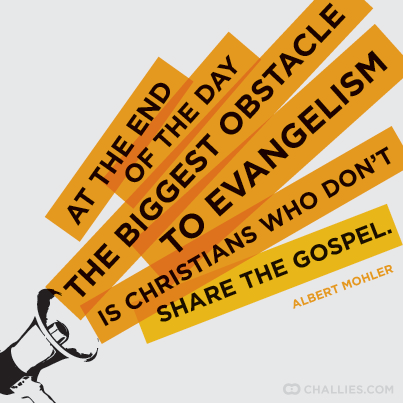
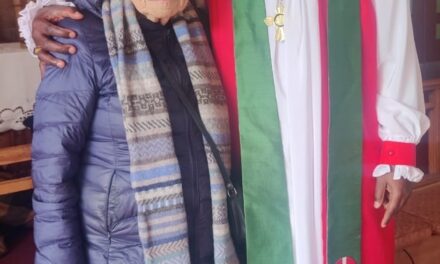





Recent Comments